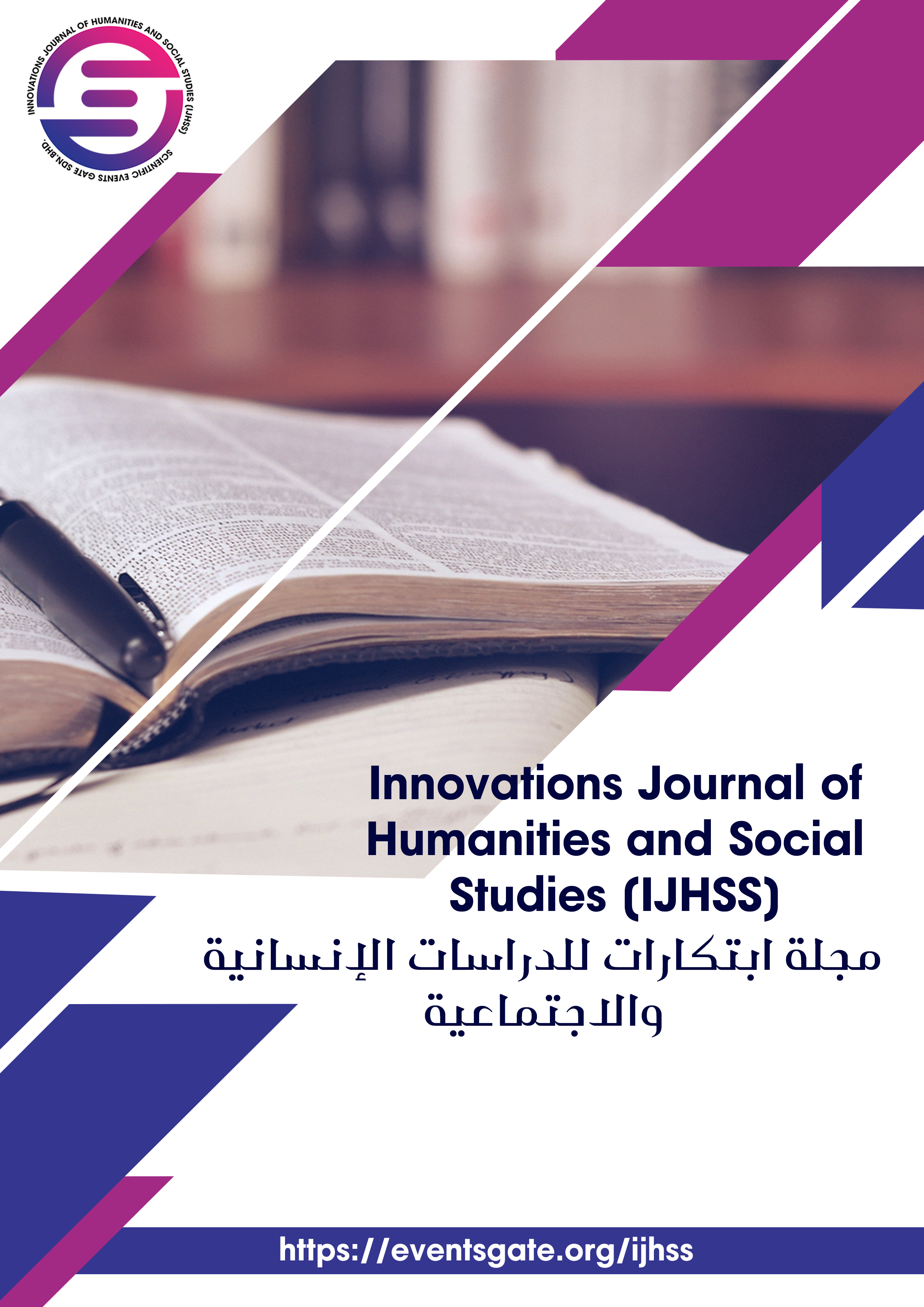Employing Artificial Intelligence Techniques in E-Learning (Benefits and Challenges) – A Systematic Review
DOI:
https://doi.org/10.61856/ijhss.v2ispc..181Keywords:
Artificial Intelligence, E-Learning, Online Learning, Benefits, ChallengesAbstract
Research and innovation are fundamental pillars in achieving sustainable development, as they drive radical transformations in all aspects of human life. The introduction of artificial intelligence (AI) in e-learning enhances this transformation by rapidly reshaping the educational landscape. This study aims to provide a systematic review of the literature on the benefits and challenges of using AI technologies in the field of e-learning. By collecting 460 articles published from 2021 to May 2024 using specific keywords, 19 relevant articles were selected using the PRISMA framework. The results indicate that AI significantly enhances student interaction and engagement, leading to improved academic performance. It also promotes collaborative learning and improves the emotional analysis of students, contributing to more inclusive educational experiences. However, the use of AI technologies in e-learning faces numerous challenges, including data privacy and security issues, bias and discrimination, ethical considerations, and the need for human oversight. Additionally, the lack of high-quality data necessary for training models and concerns about the privacy and security of students' data are major obstacles to the implementation of these technologies. In the future, potential developments in AI in e-learning include blockchain technology and others. However, the effective implementation of these technologies requires advanced technical skills and sufficient financial resources. Therefore, educational institutions should develop policies and mechanisms to ensure the sustainability and security of using AI technologies, enabling them to harness the potential benefits of these technologies effectively and sustainably.
Downloads
Published
Issue
Section

This work is licensed under a Creative Commons Attribution 4.0 International License.






